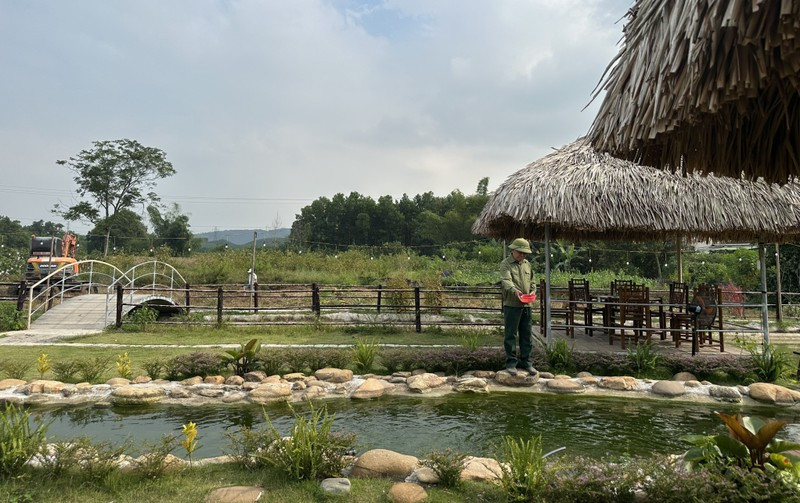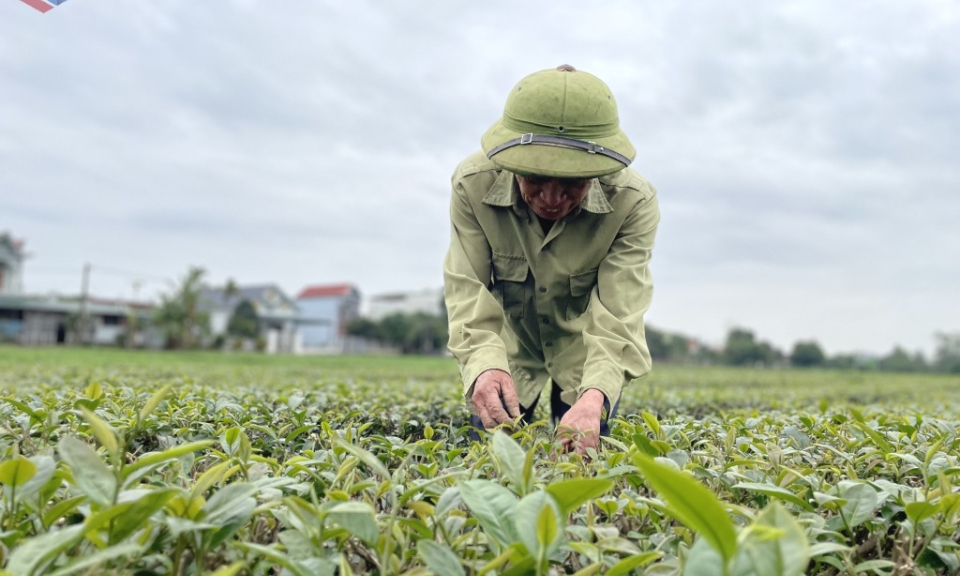Quang Ninh promotes development of cooperatives
Quang Ninh Province has worked out many solutions to support collective economic development, with cooperatives being the core, thereby creating momentum for sustainable cooperative development and creating jobs for local workers, helping foster local socio-economic growth.
Orange Cooperative 10/10 in Van Yen Commune, Van Don District, has 23 members and has built a concentrated orange growing area of 35ha and an average output of 120 tonnes per year. All orange areas of the cooperative members are planted according to VietGAP standards, ensuring stable quality and an established brand. The cooperative’s oranges are certified with a 3-star OCOP title and labelled with traceability stamps, bringing a stable source of income for cooperative members from 100-500 million VND per year.
Director of Orange Cooperative 10/10 Le Thi Bay said the cooperative will continue to transfer technology to its members. The cooperative will also replace ineffective orange varieties with native oranges and other types of oranges with high efficiency, stable selling prices and popularity with consumers. At the same time, it will also deploy several models of growing dragon fruit and green skin grapefruit associated with experiential tourism models to increase income for cooperative members.
Toan Phu Agricultural and Forestry Cooperative in Son Duong Commune, Ha Long City focuses on boosting the fruit tree growing model combined with eco-tourism. Currently, the cooperative’s Hoa Qua Vien experiential tourism site attracts thousands of tourists each month, bringing in an annual revenue of 100-200 million VND for cooperative members and creating jobs for 20 local people. Furthermore, the cooperative is completing procedures to upgrade its guava products from a 3-star OCOP product to a 4-star OCOP product.
Director of Toan Phu Cooperative Vu Minh Thuong said eco-tourism is currently chosen by many people and tourists. His cooperative will gather more members with fruit tree gardens to jointly promote eco-tourism and earn sustainable income.
Cooperatives are also a bridge for its members to share experiences and learn to boost economic development together. Pham Van Duong from Cai Rong Town, Van Don District shared that the Van Hai Aquaculture Services Cooperative has 40 members which has about 500 aquaculture cages of various kinds of fish and oysters with an annual output of about 200 tonnes. However, aquaculture has many potential risks of diseases. Therefore, cooperative members regularly exchange experience in disease prevention to help each other with business development.
Due to the importance of the collective economy, the province has come up with many specific solutions to create favourable conditions for the development of cooperatives. In addition to dialogues with enterprises at the end of June 2023, the Provincial People’s Council organised a conference with National Assembly voters and representatives of cooperatives and business households to listen to their opinions and seek solutions to problems.
In addition, the Provincial People’s Council issued Resolution 155/NQ-HDND on July 12, 2023, on several key solutions to support businesses, cooperatives, and business households to improve the efficiency of business activities. The resolution is considered a comprehensive solution for second cooperatives to develop effectively and sustainably.
The province now has a total of 667 cooperatives, with 70% being agricultural cooperatives. The average annual revenue is 650 million VND and the average profit is 290 million VND. The average income of cooperative workers is nearly 70 million VND per person per year.
According to the leader of the Provincial Cooperative Alliance, Quang Ninh Province aims to establish 30-50 new cooperatives, contributing at least 1. 5% to the GRDP. These cooperatives are expected to adapt quickly to the market mechanism. Besides the province’s solutions, the effectiveness of the 2023 Law on Cooperatives from July 1, 2024, is anticipated to help cooperatives overcome current difficulties and improve their business efficiency, creating motivation to promote the collective economy.






